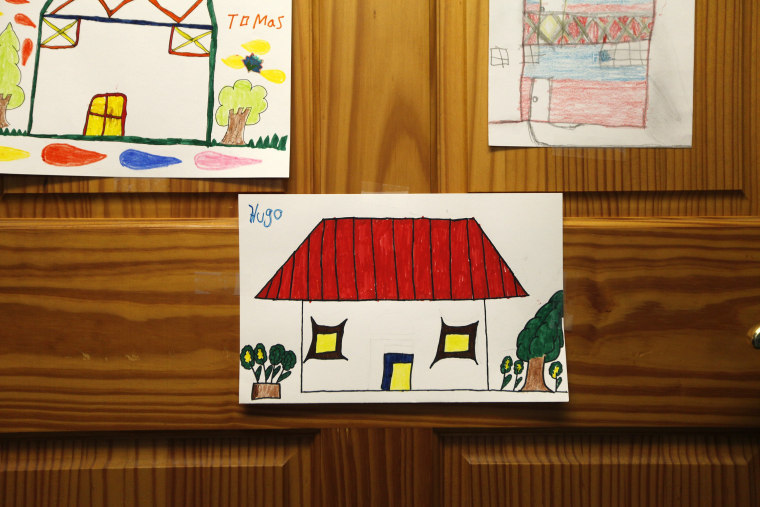Last Wednesday, Education Week shared the findings of a recent study published last February in the Hispanic Journal of Behavioral Sciences that shows Mexican-American children are more likely to fall behind in their cognitive growth by the time they are 2-years-old compared to their non-Latino white counterparts.
The results are not necessarily new or surprising given that studies have already shown that it is, in fact, income level - not ethnicity - that directly impacts the cognitive skills and educational achievements of children. For example, we know that children from low-income homes have heard 30 million fewer words by their fourth birthday than children from high-income families.
And the study published in February does indicate a strong difference in the socioeconomic level of the parents involved. Given that Hispanics have the highest number of children living in poverty at 5.4 million, it is no surprise then, that Mexican-American children were found to be further behind in their cognitive growth.
So what are cognitive skills and why are they important? They include the ability to analyze, evaluate, retain information, recall experiences, make comparisons, and determine action. While they may seem instinctual, these skills are mostly learned. And when they are not actively developed in young children, they become weak and affect the child’s ability to learn.
The bigger question that remains is: Why is it that lower-income children are not developing on the same level as those children from wealthier families?
It's income level - and not ethnicity - that impacts children's cognitive skills and educational achievements.
The problem does not lie in a lack of love, interest, or even the parent’s level of education. Mexican-American mothers are found to be happier and less stressed than non-Latino whites. In fact, we know that these children, while lagging behind in cognitive and pre-literacy skills, are found to rival their white peers in social development and the “soft skills” critical for future success. We also know that Mexican parents are often very involved in their children’s lives and maintain high expectations for their kids’ behavior.
No, the solution lies in the simple act of communication and reading. Research shows that reading aloud is the single most important thing a parent can do to develop a child’s cognitive and pre-literacy skills. In addition, parents can boost their child’s skills through daily conversations. Asking questions, pointing out new objects in their environment, and explaining to them how things work are all ways to develop your children’s abilities to evaluate, remember, analyze, and more.
But many Hispanic parents don’t know that they have the tools and resources to prepare their children for school at their disposal. They don’t realize the impact that simple conversation and reading can have on their child’s cognitive development.
So how do you get Mexican-American and other Hispanic parents across the country to read and talk to their children? The answer may be in aggressive, bilingual media campaigns and targeted programs.
Social media, bilingual media campaigns and even local churches can help spread the word of the importance of reading and speaking to one's child from the moment they are born.
Former Providence, R.I., Mayor Angel Taveras understood the risk to his community. Taveras was a strong supporter of the Providence Talks initiative, which was designed to help low-income parents get their kids ready for school by shrinking the “word gap” problem and urging parents to read or talk to their children ages 4 and under.
Because Hispanics still maintain strong religious beliefs, local churches can also play a huge role by loaning or distributing bilingual books to families, and encouraging their members to spend more time talking to their children. They can also act as facilitators between the families and local libraries, who could launch bilingual storytimes with additional resources for parents.
But perhaps one of the most effective ways to decrease the cognitive gap is through the use of social media. Latinos are embracing technology faster than any other demographic in the United States and they are the #1 users of social media channels like Twitter, Facebook, and YouTube.
The solution to the cognitive gap lies in the focused outreach of educational programs and messages in both English and Spanish for Hispanic parents. And we are all part of the solution.
